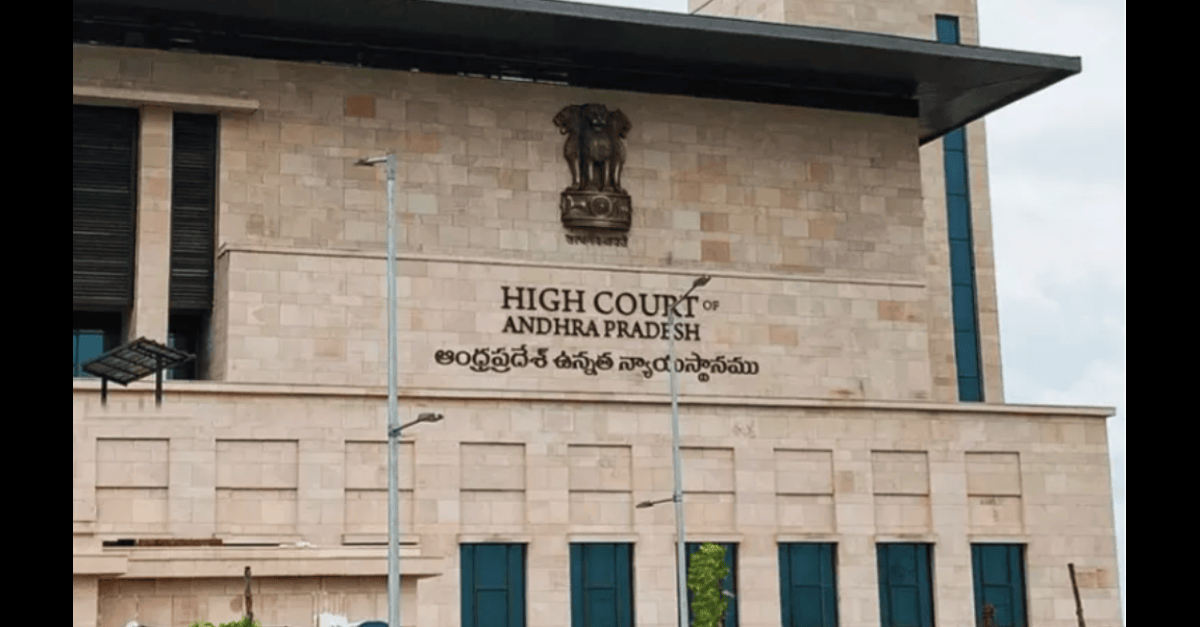INTRODUCTION:
Andhra Pradesh high court upheld the order passed by the Single Judge allowing the application and directed the attachment of the said property. The section 9 of the arbitration and conciliation act, 1996 deals with interim measures and the petition under section 9 should adhere to key principles of order 38 rule 5 of the civil procedure code. This judgment by Andhra Pradesh high court comprising Justices Ninala Jayasurya and Nayapathy Vijay encompassed the importance of balancing the procedural legality and adherence to the key principles of the law in granting interim relief.
BACKGROUND:
The case Tuf Metallurgical Private Limited(appellant) Vs. Bst Hk Limited and Others(respondent) the appellant filed an appeal before the Andhra Pradesh high court against the interim order passed by the single judge bench allowing the applications and directed the attachment of the said property. Here the said parties entered a contract wherein the appellant agreed to supply the iron ore of good quality but the appellant has sent the iron ore of not conformed to the said specified quality. Even after multiple requests on the said of the respondent, no repayment or actions were taken by the appellant. Hence the order of interim relief is granted in favour of the respondent.
KEY POINTS:
Interplay of Section 9 and order 38 rule 5 of CPC
As stated in the case of Essar House Private Limited v. Arcellor Mittal Nippon Steel India Limited, 2022 supreme court held that while allowing the petition under section 9 of the arbitration and conciliation act, 1996 the court should adhere to key principles of order 3 rule 5 of CPC. However, it is not necessary to follow every procedural aspect of CPC. The order under order 38 rule 5 of cpc should not be arbitrary, it must be fair and reasonable as held in Raman Tech. & Process Engg. Co. v. Solanki Traders, 2008.
Balancing both procedural legality and key principles
The court should adhere to the flexibility of section 9 of the arbitration and conciliation act, 1996 allowing interim relief that are “just and convenient”. The court should ensure that this flexibility should not bypass the essential principles of CPC. The importance of key principles is enshrined in the case of Adhunik Steels Ltd. v. Orissa Manganese and Minerals (P) Ltd.,2007.
Contention and Ratio decidendi
The appellant contented that the reputation of the company is damaged due to the attachment of the property and stated that they hold 91 crores of financial stability and hence contended to allow the appeal and reject the interim order. The respondent gave a counter argument stating that the appellant has no fixed assets and the 91 crores is also from the property attached in the present case. In the absence of the alternative security and 96% of the contract value is already received by the appellant the court upheld the order passed by the single judge bench.
RECENT DEVELOPMENT:
The judgment by the Andhra Pradesh high court emphasized the emerging trend in the arbitration and conciliation act, 1996 by balancing the need for the procedural aspects and the importance of the key principles of law as held in the case of Essar House Private Limited v. Arcellor Mittal Nippon Steel India Limited, 2022 supreme highlighted the key provisions of order 38 rule 5 of CPC should be adhered in case of granting interim relief under section 9 of arbitration and conciliation act.
CONCLUSION:
The Andhra Pradesh high court comprising Justices Ninala Jayasurya and Nayapathy Vijay upheld the order passed by the Single Judge allowing the application and directed the attachment of the said property. Though the statute provides flexibility, it doesn’t bypass the importance of essential principles of CPC by not affecting the objective of the act.
“PRIME LEGAL is a full-service law firm that has won a National Award and has more than 20 years of experience in an array of sectors and practice areas. Prime legal falls into the category of best law firm, best lawyer, best family lawyer, best divorce lawyer, best divorce law firm, best criminal lawyer, best criminal law firm, best consumer lawyer, best civil lawyer.”
WRITTEN BY: MUTHULAKSHMI B


